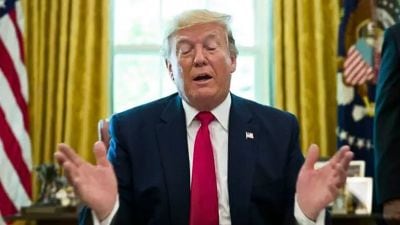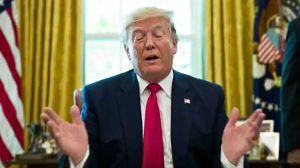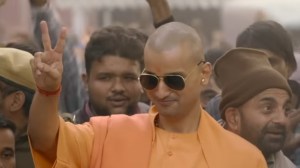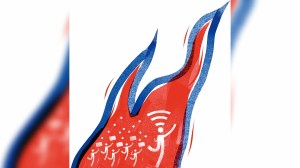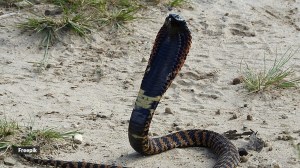Passing of the Right Stuff
Military aviation has long known the meaning of the term ‘‘Right Stuff’’. It encapsulates all that one expects and hopes...

Military aviation has long known the meaning of the term ‘‘Right Stuff’’. It encapsulates all that one expects and hopes for in a military aviator and the challenges that he successfully copes with, and the competition that he wins, day after day, often reacting with split-second efficiency, rightly — every time, and any time, in the air, on the ground.
Such a man was Air Chief Marshal S.K. ‘‘Polly’’ Mehra , former Chief of Air Staff of IAF who passed away ever so suddenly. The shock to most of us, who flew and served with him through nearly four decades from the early days to his event-filled tenure at the top slot of the Indian Air Force, would last for ever. And nor would the passage of time fill the vacuum left behind by the last flight of a great chief into a different blue yonder in any way fill that emptiness — ever.
Polly as a young fighter pilot was one of the few, so few, pilots who ushered in the supersonic fighters in the IAF, first with the Mystere IV-A in 1957 and then with the MiG-21 in 1965, a redoubtable fighter that continues to remain the backbone of the air force four decades later. He was part of that small group that laid down the new doctrines and strategy for their employment in peace and war. If the MiG went through innumerable improvements since the early days, expanding its performance, role and capability, much of the credit goes to men like Polly. In every possible way, he was ‘‘the right stuff’’.
Polly was one of the proverbial thorough planners. He was heading the air staff of Eastern Air Command which planned and directed air operations for the lightning campaign of 1971, present at the historical surrender of Pakistan’s Army in the East headed Lt. General A.A.K. Niazi. It was not surprising, therefore, that he was appointed the Deputy Chief of Air Staff to plan and oversee the spurt of modernisation and new acquisitions of the IAF in the mid-1980s after the operational-technological environment in the air started to alter with heavy infusion of high-technology weaponry next door. He was the Chief who at the head of the air force that he had helped finetune so much in different capacities, that while Pakistan might expand the war through terrorism in Punjab to include J&K, it dared not expand it to a regular war in 1990.
Delhi’s Modern School, where Polly studied, can be rightfully proud of him — a man taller than most, a pilot who out-flew most, a fighter who would outfight most and an officer who was a greater gentleman than most. A man devoted to family and family values, his stern demeanour cloaked a noble man, who was equally happy heading the Help Age organisation after retirement, as he was earlier heading one of the most professional air forces in the world.
Photos





- 01
- 02
- 03
- 04
- 05


